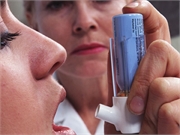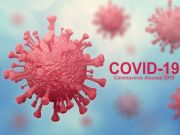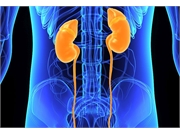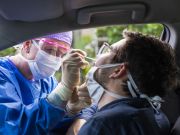
Vice President Mike Pence said Tuesday that the White House coronavirus task force will likely disband within a month, even as the number of coronavirus cases climbed passed 1.2 million and the death toll passed 71,000. The slow shutdown will happen because of “the tremendous progress we’ve made as a country,” Pence said during a… read on >





























